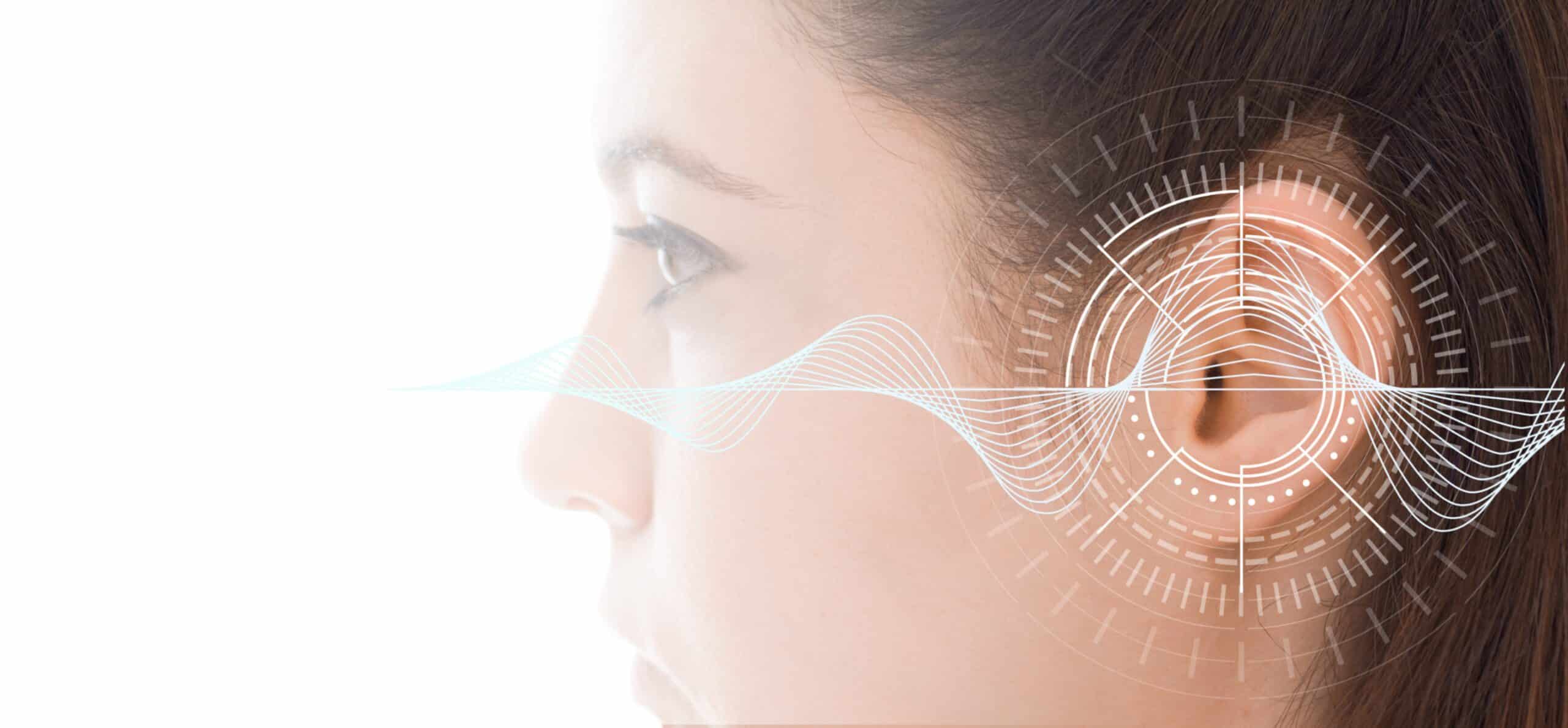Have you ever come home from a loud concert, still buzzing with excitement, only to find that your ears kept buzzing, too? This is also tinnitus, it often happens after being exposed to loud sounds.
For some people, the buzzing may go away a few hours after the exposure, while for others the phantom sound may persist for a lifetime. But even in those instances in which it comes and goes, tinnitus can often be a warning sign of impending hearing loss. This is because both tinnitus and hearing loss can result from noise-induced damage to the delicate inner ear and to the connections between the ear and the brain.
About 10% of U.S. adults have experienced tinnitus that lasted for at least five minutes in the past year, according to NIH statistics. The noise can be soft or loud, high pitched or low pitched. You may hear it in one ear, or both.
Most of the time, tinnitus isn’t a sign of a serious health problem. Many people experience temporary tinnitus after going to a loud concert or event. But it can also be a sign of damage to your inner ear and its connections with the brain. If it doesn’t go away or gets worse, tinnitus can make it hard to hear, concentrate, or even sleep.
Many things increase your risk for tinnitus. “Noise exposure is a very common cause,” says Dr. Fan-Gang Zeng, a hearing and speech expert at the University of California, Irvine.
People who work in noisy environments can develop hearing damage and tinnitus over time. Examples include factory and construction workers, road crews, musicians, and military service members.
“Aging and many drugs, including aspirin, also increase your risk of tinnitus,” Zeng says. More than 200 drugs are known to cause tinnitus when you start or stop taking them.
If you’re experiencing tinnitus, see your health care provider. There’s no test to diagnose it. But your doctor can check for possible causes. They can see if anything is blocking your ear canal. They can also look for medical conditions or medications that may be causing it.
If they don’t find anything, they may refer you to an ear, nose, and throat doctor (ENT) or an audiologist. These specialists can determine if you need to be tested for hearing loss. Many people with hearing loss experience tinnitus, but it’s not clear why.
Zeng says that, in certain cases, tinnitus may help protect the brain. Some brain areas may no longer be active after hearing loss. That may lead to brain cell loss. Zeng’s study found that people with both hearing loss and tinnitus are less likely to have cognitive decline than those who had hearing loss alone. He speculates that tinnitus may help keep certain brain areas active despite hearing loss.
But not everyone who has tinnitus has hearing loss. For those who do, hearing aids or surgical treatments for hearing loss may help.
There is currently no cure for tinnitus. But some treatments can help you cope—see the Wise Choices box. Researchers are also looking for new ways to treat tinnitus. For example, Zeng’s team is testing ways to stimulate the nerve that goes from the inner ear to the brain, called the auditory nerve. His team hopes this can help reduce tinnitus.
Living With Tinnitus:
- Protect Your Hearing. Loud noises can lead to or worsen tinnitus. Keep the volume down when listening to music or watching TV. Wear earplugs or earmuffs if you’re in a loud environment. Move away from loud noises when possible.
- Try sound therapy. Background noise machines, fans, or quiet music can help mask tinnitus. You can also try a wearable sound generator. This small electronic device fits in your ear and plays a soft, pleasant sound.
- Talk with a cognitive-behavioral therapist. They can help you learn to live with tinnitus. You may also learn things to help you relax during the day or to fall asleep at night. Stress and lack of sleep can make tinnitus worse.
- Use your hearing aids or cochlear implants. For people with hearing loss and tinnitus, hearing aids or cochlear implants may help with both.
To search for studies you can join to help advance tinnitus research, visit clinicaltrials.gov.




